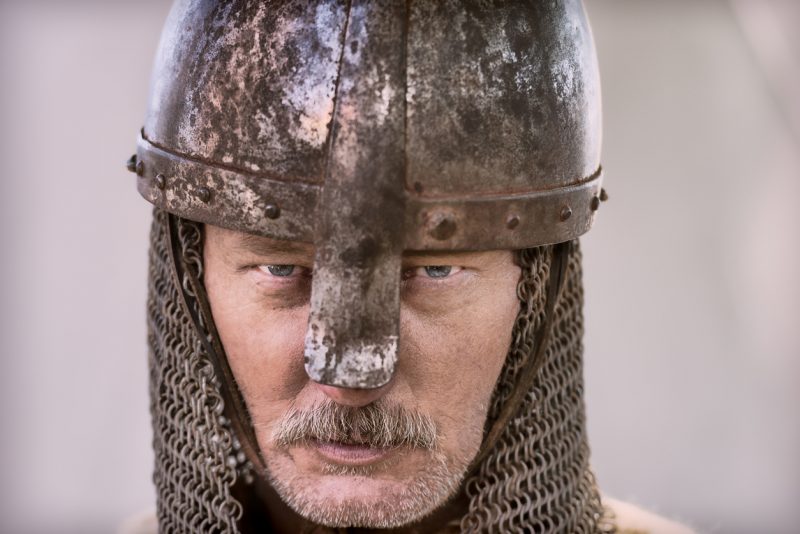Civil wars contain challenges on a number of levels. The often tortuous family trees of medieval monarchs combined with many ambitious minor officials who hardly needed a reason to rebel periodically created rampant bloodshed and a confused scramble for power.
The nobles and various power players had to make decisions based on what they thought was right. That often involved a bitter fight between what they felt was right and honorable, and what would keep them from getting their heads chopped off if they backed the wrong side.
When King Henry I of England died in 1135, a bitter civil war broke out between Stephen I, who proclaimed himself the true English King, and the daughter of Henry I, called the Empress Matilda.
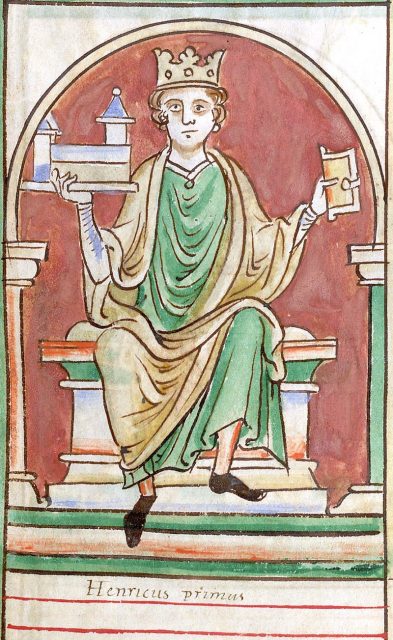
She had been sent to live in Germany at a young age and married the king of Germany and future Holy Roman Emperor, Henry V. That much time abroad meant she seemed more like a foreigner than an heiress to the English people.
When she was winning the civil war, a mob of people actually prevented her from being crowned at Westminster Abbey. Stephen, in contrast, was the former king’s cousin and had the backing of many important members of the English nobility as well as the support of the church in England.
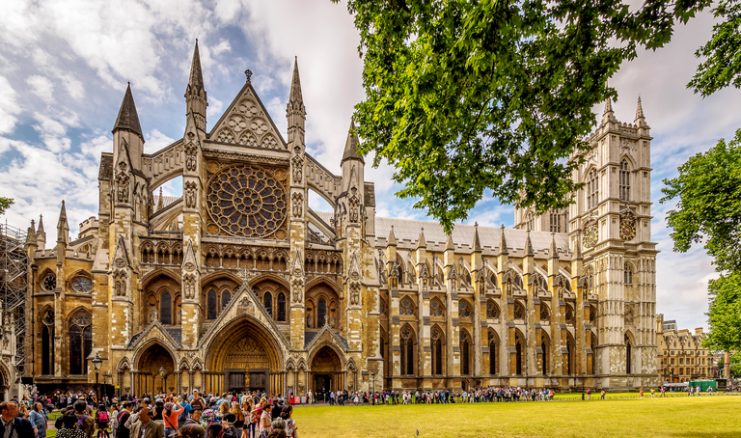
Stuck in the middle of this fray was John Fitzgilbert. He held the title of the Marshal of the Horses or royal marshal under King Henry I’s reign. This title would eventually provide John’s much more famous son William with the surname of “Marshal,” and William Marshal is a name known to many.
When Stephen seized the throne, John continued his position as royal marshal. He supported Stephen initially, but the king’s capture convinced John to join the Empresses Matilda.
As part of that, he fought a battle near Wherwell that covered the retreated of the Empress. It was so fierce his opponents thought he had died, but he only lost an eye and he retreated to one of his castles to continue the fight.
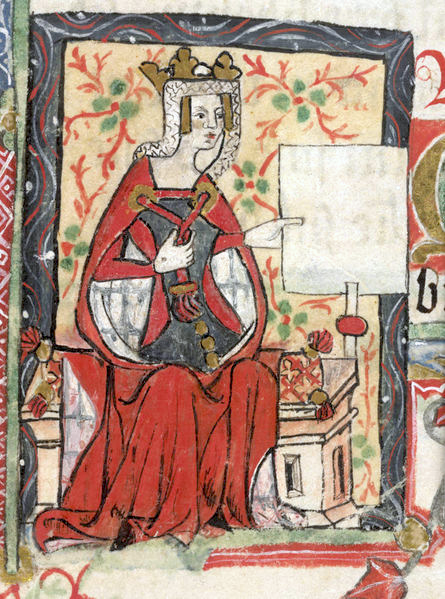
He gained a reputation during the civil war for being cunning and ruthless in support of his side. In one example he invited his opponents to one of his castles under a flag of truce. The castle had a gatehouse with both inner and outer gate with a small courtyard before entering the castle proper.
When they had passed through the outer gate, John closed both of the gates. He then killed his enemies who were hampered by their heavy armor and big weapons while trying to fight in a tight space.
But he could be cunning in gaining peace as well. After internecine fighting with a neighbor that supported Stephen, he managed to come to a truce. This one featured an arranged marriage with his chief local rival, Patrick of Salisbury.
John divorced his first wife rather suddenly and married Patrick’s sister. This not only increased John’s lands as he married into a prominent family, but it allowed John and Patrick to become allies in raiding the remaining lands held by Stephen’s men.
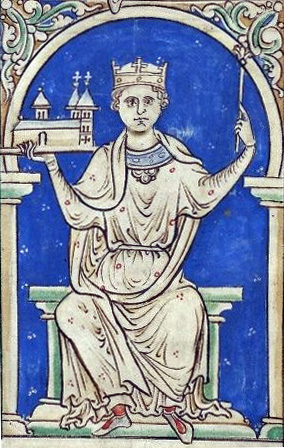
The Civil War raged for quite a while after Henry I died in 1135. There were various ebbs and flows that resulted from successes and failures on the battlefield as well as political maneuvers.
The conflict eventually settled when Matilda’s son, Henry, was proclaimed king in 1154 and became Henry II. Matilda chose to settle in Northern France. She ruled that area in the name of her son and offered measured guidance on occasion.
John did quite well for himself in the civil war by astutely selecting when to act and when to stand still. When Matilda looked like she would win he participated in some local battles, but mostly raided his neighbor with the occasional massacre in his own castles.
When the warfare with the Salisbury family became too costly, he sealed a truce with a marriage that increased his standing and allowed him to raid easier targets.
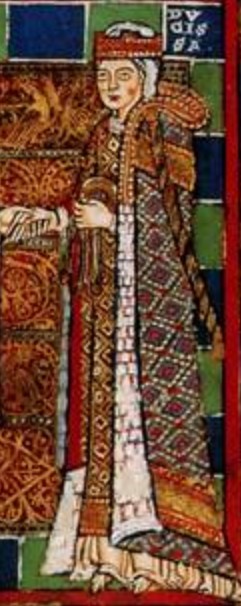
He ended up showing that political maneuver, massacres, and marriage could be just as influential as battlefield performance.
John Fitzgilbert’s maneuvers have been largely overshadowed by the exploits of his famous son William Marshal, who became what some call the world’s greatest knight and the power behind five English kings.
But John was still an impressive figure. Unlike many nobles, he only changed sides once, and he bravely fought for Matilda when he was on her side.
Read another story from us: Civil Wars That Shaped Medieval England
This included a time when his son was a hostage of Stephen. Instead of giving in to the king and thus saving his son, John continued to oppose Stephen. John’s curt reply was that the boy could die because he had the tools to make more sons.
It is only thanks to the kindness of King Stephen that William Marshal survived the ordeal and ended up becoming one of the greatest knights of his age. But John Fitzgilbert’s contribution to history should not be forgotten or underestimated.
